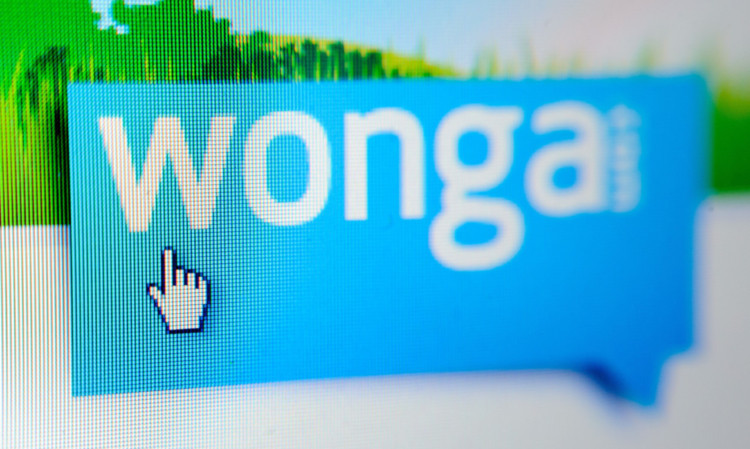Contorversial payday lender Wonga earned profits of more than a million pounds a week last year as surging numbers of cash-strapped Britons turned to its high-interest loans.
The company, which charges households interest rates equivalent to more than 5,800% per annum, said profit after tax rose by 36% to £62.5 million in 2012.
Lending was up 68% in the year to £1.2 billion, while customer numbers ballooned 61% to more than a million amid the ongoing squeeze on household finances and high street banks’ retreat from riskier lending.
The lender has been engulfed in controversy of late, with the Archbishop of Canterbury saying he wanted the Church of England to “compete” it out of existence by backing credit unions.
Its support for football clubs including Newcastle United, Hearts and Blackpool has also come under sustained fire. Wonga typically lends sums of about £200 to £400 to consumers, repaid over a few weeks.
It has also started offering loans of up to £30,000 to credit-starved small businesses, repayable over a year.
The company, which is owned by private equity and management, has come under fire from Citizens Advice and trade union Unite who accuse the company of boosting profits at the expense of struggling consumers.
But founder and chief executive Errol Damelin insisted the online lender operates in an “upfront and transparent” way, adding it rejects two-thirds of applications.
Wonga said it earns an average profit of £15 per loan, or 5p of profit on every £1 it lends. It did not pay a dividend but reinvested profits back into its development.
“This is not about people on breadlines being desperate and us being a lender of last resort,” Mr Damelin said.
He said Wonga’s customers tend to be digital-savvy, young, single and employed, rather than those on benefits, and insisted the company’s profit margins are “not outrageous in any way to us”.
“Our customers are telling us that we provide very good value for money,” Mr Damelin added.
Wonga wrote off £126m in impairments including soured loans during the year, almost double 2011 impairments, but said it is comfortable with its default rate of 7.4%.
The entire payday lending industry, worth £2bn, was referred in June for a full-blown investigation by the Competition Commission after the trading watchdog uncovered “deep-rooted” problems.
The Office of Fair Trading made the referral because it continues to suspect that features of the market “prevent, restrict or distort competition”.
Wonga claims the annual percentage rate (APR) measure does not represent its true cost to consumers as loans are repaid much sooner. Wonga said it paid £22m in corporation tax during the year and now employs more than 500 staff.
